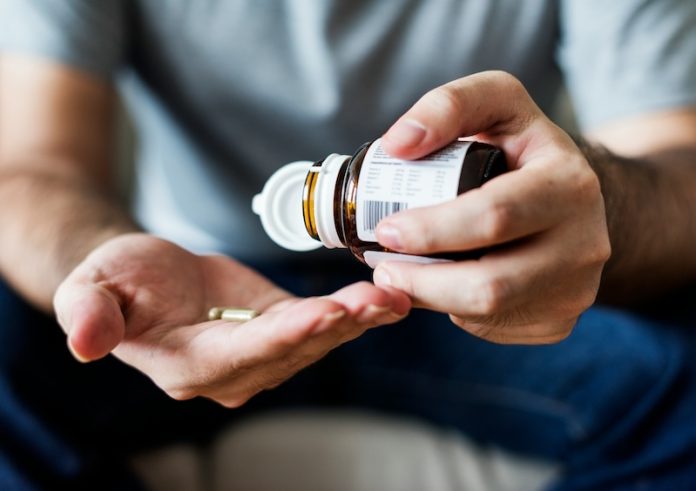
Managing high blood pressure is essential for maintaining heart health, especially for men who face unique challenges. While medications play a crucial role in controlling blood pressure, they can also come with side effects that may impact daily life and overall well-being.
Understanding these side effects can help men make informed decisions about their treatment options and maintain a good quality of life.
Blood pressure medications work in different ways to lower blood pressure. Some relax blood vessels, others slow down the heart rate, and some reduce the amount of blood the heart pumps.
While these actions are effective in managing blood pressure, they can also lead to unintended effects.
One common side effect that men may experience is erectile dysfunction (ED). Certain blood pressure medications, particularly beta-blockers and diuretics, have been linked to an increased risk of ED.
These medications can reduce blood flow or interfere with nerve signals necessary for an erection. It’s a tricky situation because high blood pressure itself can cause ED by damaging the arteries that supply blood to the penis.
This means finding the right medication that manages blood pressure without worsening ED is critical.
Another side effect that men often report is fatigue. Beta-blockers, which are commonly prescribed to lower blood pressure, can slow the heart rate, leading to feelings of tiredness or lethargy.
This can be particularly challenging for men who lead active lives or work in jobs that require a lot of energy. The fatigue can be discouraging, but it’s important to remember that managing high blood pressure is vital for long-term health.
Some men may also notice a decrease in libido or sexual desire. While this is different from ED, it can still affect a man’s quality of life.
The reasons behind this decrease in libido are not entirely understood, but it may be related to the emotional stress of dealing with a chronic condition like hypertension, as well as the physical effects of the medications themselves.
Fluid retention, or edema, is another side effect associated with certain blood pressure medications, particularly calcium channel blockers.
Men taking these medications might notice swelling in their feet, ankles, or legs, which can be uncomfortable and may affect their ability to move around easily.
In addition to these side effects, some blood pressure medications can cause changes in electrolyte levels. For instance, diuretics can lead to low sodium (hyponatremia) or low potassium (hypokalemia) levels.
These imbalances can cause symptoms such as muscle cramps, weakness, and fatigue, which can further impact a man’s daily life.
Despite these potential side effects, it’s crucial to understand that the benefits of controlling high blood pressure far outweigh the risks.
Untreated high blood pressure can lead to serious health issues like heart attacks, strokes, and kidney damage. The goal is to manage blood pressure effectively while minimizing any negative side effects.
Open communication with healthcare providers is key to finding the right balance. Men who experience side effects should talk to their doctors, who can adjust the type or dosage of medication to reduce discomfort.
Sometimes, switching to a different medication can make a significant difference in how a man feels.
Lifestyle changes are also an important part of managing high blood pressure. A healthy diet, regular exercise, and stress management can all help lower blood pressure and improve overall health. These changes can complement the effects of medication and may even reduce the need for higher doses.
In conclusion, while blood pressure medications can have side effects, understanding them and working closely with a healthcare provider can help men find the right treatment plan.
By staying informed and proactive, men can effectively manage high blood pressure without compromising their quality of life.
If you care about blood pressure, please read studies about unhealthy habits that could increase high blood pressure risk, and eating eggs in a healthy diet may reduce risks of diabetes, high blood pressure.
For more information about blood pressure, please see recent studies that early time-restricted eating could help improve blood pressure, and results showing 12 foods that lower blood pressure.
Copyright © 2024 Knowridge Science Report. All rights reserved.



